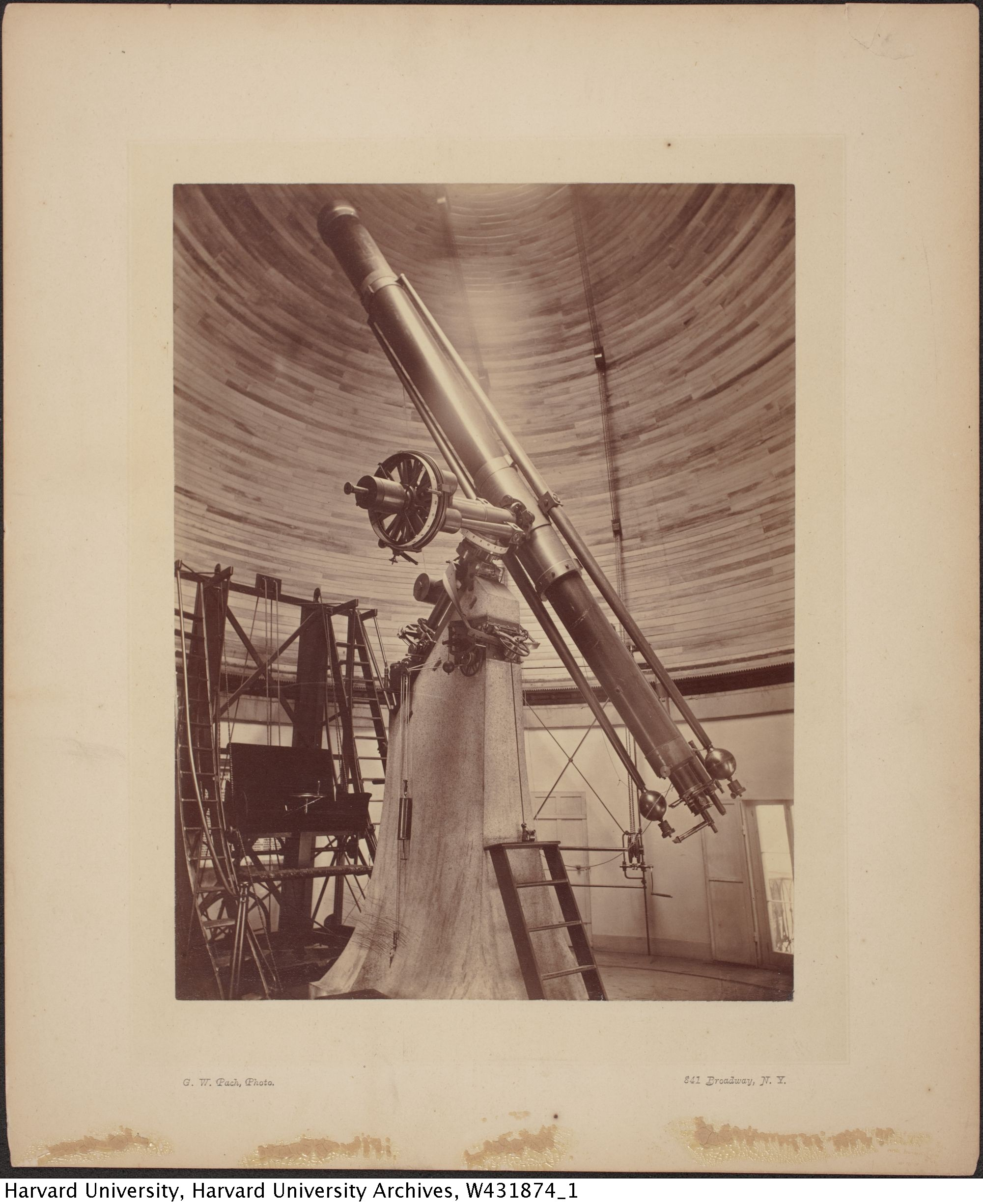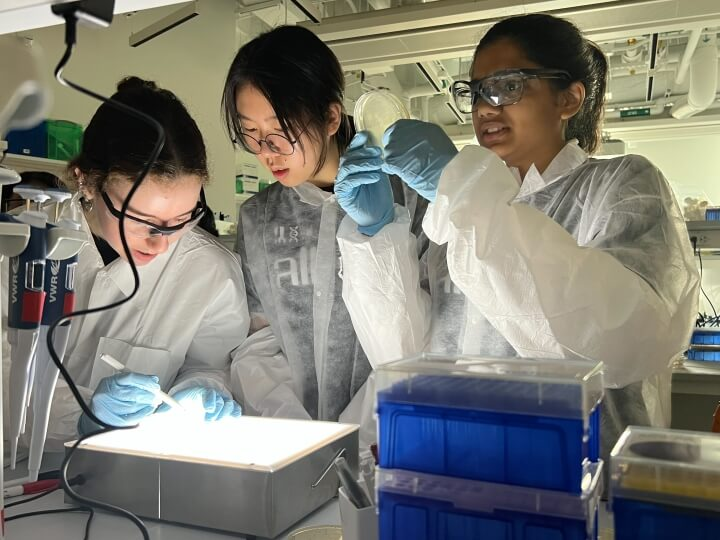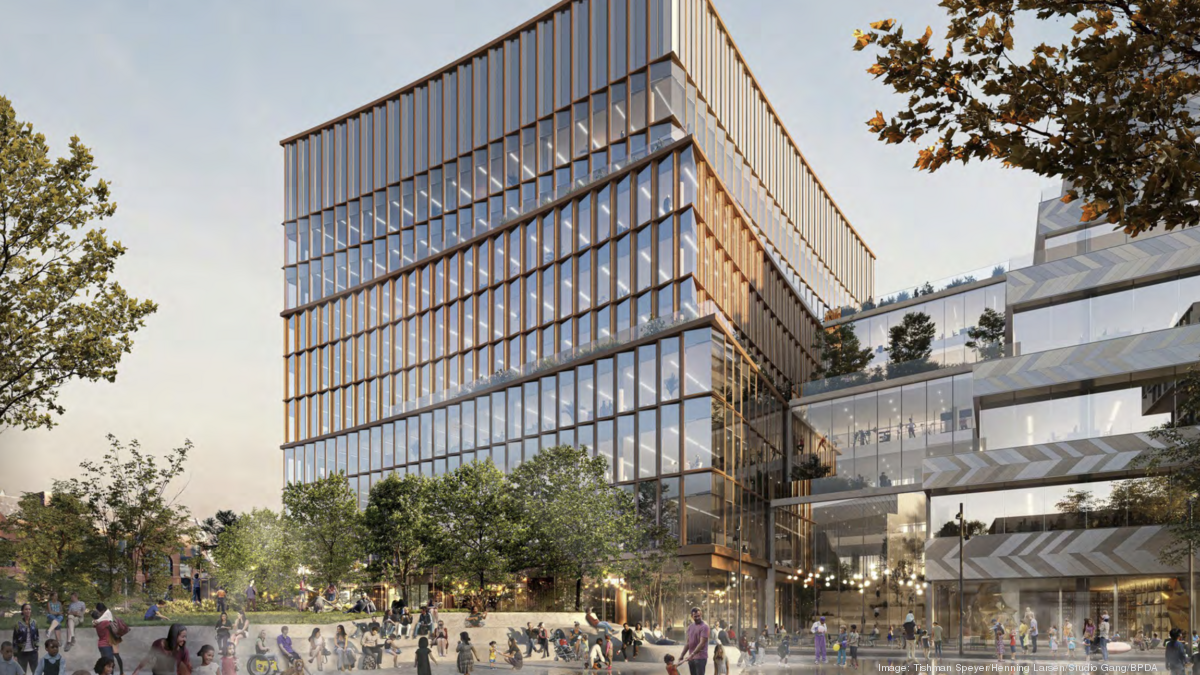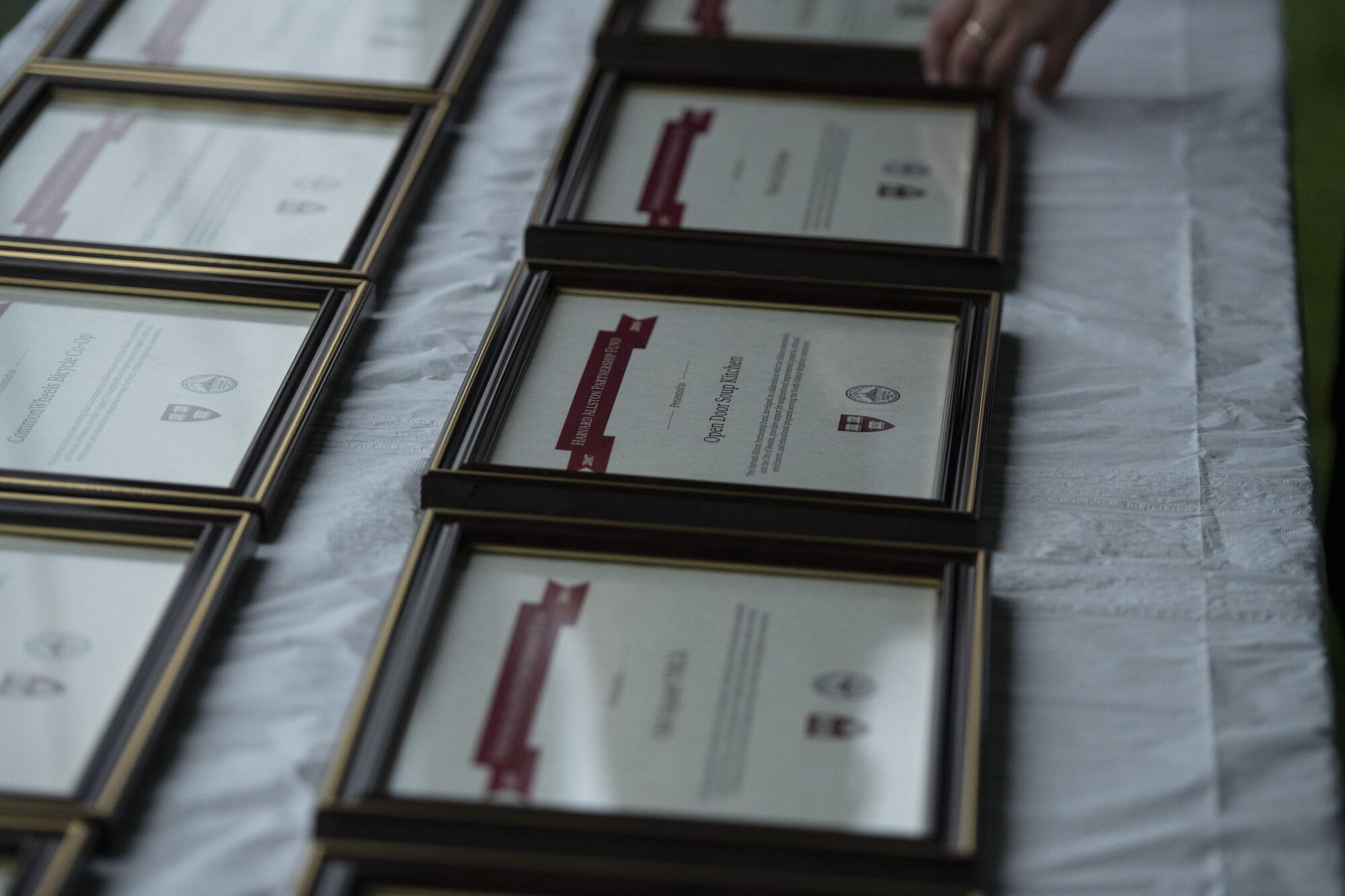
Harvard Observatory events are a captivating blend of science and community engagement, offering a unique opportunity for individuals of all ages to immerse themselves in the wonders of astronomy. Recently, the Harvard College Observatory hosted its inaugural Spanish-speaking night, designed to cater to the vibrant Spanish-speaking community in Cambridge and Boston. Attendees were treated to enlightening talks by expert astrophysicists, followed by an enchanting evening of public stargazing through state-of-the-art telescopes. These community science events not only emphasize astrophysics education but also highlight the importance of diversity and inclusivity within the scientific arena. As the observatory revives its public engagement programs, it promises to make astronomy accessible and enjoyable for everyone eager to explore the cosmos.
The events at Harvard College Observatory serve as a gateway for the community to connect with the wonders of the universe. By introducing initiatives such as Spanish-language public nights and interactive stargazing sessions, the observatory fosters an atmosphere where science meets cultural engagement. The focus on astrophysics education during these gatherings helps demystify complex topics while inviting participants to experience the joy of exploration. Furthermore, these astronomy outreach programs aim to bridge gaps within underrepresented communities, enhancing access to knowledge and participation in scientific discourse. As such, the observatory continues to play a pivotal role in reshaping the landscape of public astronomy and community involvement.
Harvard Observatory Events: Engaging the Community in Astronomy
The Harvard College Observatory recently launched a series of public events aimed at demystifying astronomy and fostering community connections. One highlight is the inaugural Spanish-Language Public Observatory Night, which drew around 50 attendees from diverse backgrounds. This initiative is not just about presenting astronomical phenomena but also about creating an inclusive environment that encourages participation from the Spanish-speaking community in Cambridge and Boston. With each event, the observatory seeks to bridge cultural gaps and ignite curiosity about the cosmos, showcasing the vital role of community science events in astronomy education.
Attendees enjoyed educational talks and hands-on stargazing experiences, utilizing professional-grade telescopes to observe notable stars like Vega and Arcturus. The warmth of community interactions and the enthusiasm of participants underscored the importance of accessibility in astrophysics education. The collaborative efforts to include different languages represent a significant step towards inclusivity in scientific discourse. Through these observatory events, the Harvard College Observatory is not only promoting science but also inspiring a new generation of astronomy enthusiasts who might someday contribute to the field.
The Importance of Spanish-Speaking Astronomy Outreach
The recent shift towards Spanish-speaking events at the Harvard College Observatory highlights a critical need for diversity in the sciences. Astrophysics, historically dominated by English-speaking narratives, can alienate non-English speakers from engaging fully with the subject. By targeting the Spanish-speaking population, the observatory is paving the way for richer community involvement and fostering a generation of scientists and science communicators who can share their expertise in multiple languages. This is paramount in a multicultural society where many individuals seek to learn and engage but may face language barriers.
For instance, the involvement of astrophysicist Ernesto Camacho Iniguez and solar physicist Tatiana Niembro Hernández not only brought expertise to the event but also provided relatable role models for young attendees, especially from Hispanic backgrounds. Their interactive talks helped simplify complex concepts in astrophysics, demonstrating that learning about space should be accessible to all, regardless of their linguistic background. This outreach is not merely educational; it also strengthens community ties and promotes a diverse scientific culture, encouraging underrepresented groups to participate in astronomy.
Public Stargazing: A Gateway to Astrophysics Education
Public stargazing events at the Harvard College Observatory serve as powerful gateways for individuals of all ages to connect with the universe. By providing hands-on experiences with telescopes and guided observations, attendees can witness celestial wonders firsthand, such as the Ring Nebula or distant stars. Such experiences are instrumental in sparking interest in science and fostering a deeper understanding of astrophysics. The enthusiasm and engagement are palpable, with participants asking questions and exploring the night sky in a supportive environment, making science accessible and enjoyable.
Beyond the excitement of viewing the cosmos, these events also serve an educational purpose. They allow for discussions about scientific concepts and current astronomical research, encouraging attendees to explore fields like astrophysics further. Moreover, the observatory’s commitment to community science ensures that everyone, from curious children like David Castro to seasoned stargazers, can experience the joy of learning together. Such public stargazing nights not only enhance knowledge but also build appreciation for the universe, inspiring future generations of scientists to pursue their passions.
Astrophysics Education: Bridging Gaps Through Community Engagement
Astrophysics education is undergoing a transformation at the Harvard College Observatory through direct community engagement. Focused on inclusivity, the observatory’s initiatives aim to break down barriers that have traditionally made astronomy less accessible. By introducing programming targeted at Spanish-speaking audiences, the observatory enriches the educational landscape and creates opportunities for broader participation in science. The positive reception of these programs indicates a strong demand for accessible astrophysics education and a desire for diverse voices within scientific conversations.
The provided educational talks not only focused on black holes and gravitational waves but also addressed the history of the universe, pulling in individuals with varying levels of prior knowledge. As the observatory’s outreach expands, plans to partner with K-12 schools and local astronomy groups are underway. These efforts will further enhance public engagement with astrophysics and foster a culture of curiosity, ensuring that future generations have access to the wonders of the cosmos. Through community-oriented events and outreach, the Harvard College Observatory is solidifying its role as a beacon of knowledge and inspiration.
Rekindling Interest in Astronomy Post-Pandemic
The revival of public observation nights at the Harvard College Observatory marks an exciting return to community engagement following a pandemic-related hiatus. With many individuals longing for connection and shared experiences, the observatory’s programming aims to reignite passion for astronomy and foster social interactions centered around celestial exploration. This return is not just about looking at the stars but also about bringing people together in a collective quest for knowledge and understanding of the universe.
As the observatory opens its doors once more, it reaffirms its commitment to public outreach and scientific engagement. The positive feedback from the first Spanish-language night sets the stage for a series of diverse and inclusive gatherings that cater to various audiences. As part of its mission, the observatory aims to ensure that everyone, regardless of background or language, can participate in the awe and wonder of stargazing, and ultimately, in the broader realm of astrophysics.
The Role of Interactive Learning in Astronomy
Interactive learning plays a crucial role in enhancing the experience of attending astronomy events at the Harvard College Observatory. Rather than just passive observation, attendees actively engage with the material through hands-on demonstrations and discussions with knowledgeable astronomers. The ability to ask questions and engage with scientists like Niembro Hernández and Camacho Iniguez creates a dynamic and enriching educational environment that helps demystify complex astrophysical concepts.
This interactive approach not only facilitates a deeper understanding of scientific principles but also fosters a love for learning. Participants, especially young children like those in attendance, benefit greatly from the interaction—transforming curiosity into knowledge. Such experiences are instrumental in encouraging future pursuits in science and instilling a long-lasting appreciation for the universe’s mysteries, promoting the idea that science is not just for the elite, but for everyone.
Building a Welcoming Environment for All
At the heart of the Harvard College Observatory’s mission is the creation of a welcoming and inclusive environment for all visitors. The observatory aims to ensure that attendees feel comfortable and valued, regardless of their background or familiarity with astronomy. By offering events in multiple languages and focusing on community outreach, the observatory emphasizes its commitment to accessibility, allowing diverse populations to connect with scientific knowledge and share in the excitement of exploration.
This dedication to inclusivity is paramount, as it fosters a richer dialogue and encourages people from various walks of life to share their perspectives and experiences. The observatory’s leadership recognizes that a diverse community enhances the learning experience, ultimately benefiting both the communicators and the learners. By nurturing a space where everyone feels welcome and empowered, the Harvard College Observatory cultivates a thriving environment that fosters scientific curiosity and collaboration.
Future Aspirations for the Observatory’s Outreach Programs
Looking ahead, the Harvard College Observatory is gearing up to expand its outreach efforts significantly. The successful introduction of Spanish-language nights has set a precedent, and plans are in place to include more languages in future programming. This aspiration reflects a broader commitment to inclusivity and accessibility within the scientific community, as the observatory endeavors to reach underserved populations and promote engagement in astrophysics.”},{
Frequently Asked Questions
What events does the Harvard College Observatory organize for the Spanish-speaking community?
The Harvard College Observatory hosts events specifically designed for the Spanish-speaking community, such as the inaugural Spanish-Speaking Public Observatory Night on June 27, 2024. This event featured talks by researchers on topics like black holes and gravitational waves, aimed at making astrophysics more accessible to Spanish speakers.
How can I participate in public stargazing events at the Harvard College Observatory?
To participate in public stargazing events at the Harvard College Observatory, you can check their official website for upcoming event schedules. The observatory offers sessions where attendees can explore celestial objects through professional-grade telescopes, often accompanied by educational talks from astrophysicists.
What are the educational opportunities provided by Harvard Observatory events?
Harvard Observatory events provide educational opportunities in astrophysics through engaging talks and hands-on experiences. Participants can learn from astrophysicists about various space phenomena, such as stars, black holes, and solar events, enhancing their understanding of astronomy.
Are there any outreach programs for K-12 students at Harvard College Observatory?
Yes, the Harvard College Observatory is working on expanding outreach programs for K-12 students, aiming to increase visits to schools and engage with local astronomy groups. This initiative is part of their commitment to promote astrophysics education and accessibility.
What types of celestial objects can be observed during Harvard College Observatory events?
During public observation nights at Harvard College Observatory, participants can observe a variety of celestial objects, including stars like Vega and Arcturus, as well as nebulae such as the Ring Nebula. The events make use of the observatory’s professional-grade telescopes.
How does the Harvard College Observatory support diversity in science?
The Harvard College Observatory actively supports diversity in science through its community science events, like the Spanish-speaking public nights, which aim to engage underrepresented groups in astronomy. This initiative highlights the observatory’s dedication to public engagement and inclusivity in astrophysics.
Can attendees ask questions during Harvard Observatory events?
Yes, attendees are encouraged to ask questions during Harvard Observatory events. The talks by researchers are designed to be interactive, allowing participants to engage directly with the speakers and deepen their understanding of the material presented.
What is the significance of the Great Refractor at Harvard College Observatory?
The Great Refractor at Harvard College Observatory is significant because it is a historic 15-inch refracting telescope, installed in 1847. Once the largest of its kind in the world, the Great Refractor remains a symbol of the observatory’s rich legacy in astronomical research.
| Key Point | Details |
|---|---|
| Event Theme | An evening focused on celestial education, featuring stars, solar flares, black holes. |
| Inaugural Spanish-Speaking Night | The event aimed to cater to the Spanish-speaking community of Cambridge and Boston. |
| Attendance | Around 50 attendees, including children and adults, participated in the community event. |
| Featured Speakers | Ernesto Camacho Iniguez and Tatiana Niembro Hernández provided engaging talks on gravity, black holes, and solar phenomena. |
| Observational Highlights | Despite the lack of visible planets, attendees viewed stars like Vega, Arcturus, and nebulae through telescopes. |
| Future Plans | Plans for more public events, increased visits to K-12 schools, and outreach to rural areas. |
| Community Impact | Focus on diversity and inclusion within the field of science, aiming to inspire underrepresented communities. |
Summary
Harvard Observatory events are focused on making celestial education accessible and engaging for all, particularly within the Spanish-speaking community. This inaugural event showcased the observatory’s commitment to inclusivity and public engagement, featuring interactive discussions and stargazing activities. The success of the Spanish-language night underscores the importance of creating welcoming environments in scientific fields, helping to inspire future generations in astronomy.







